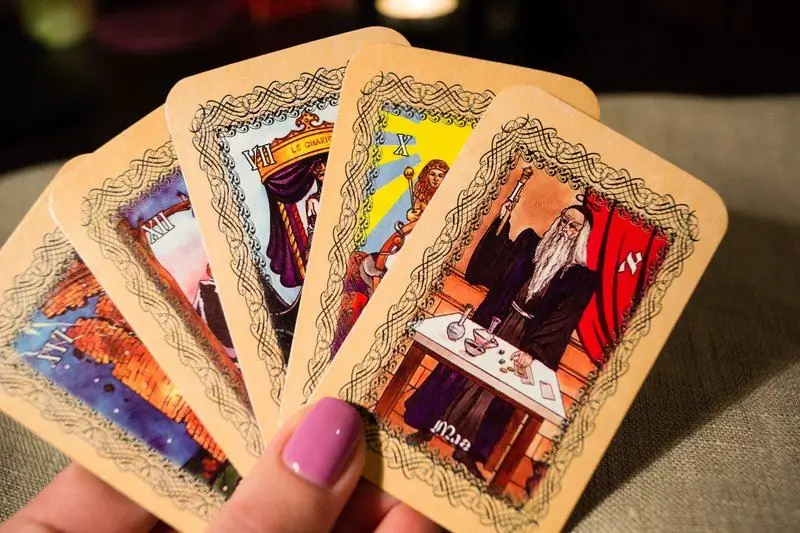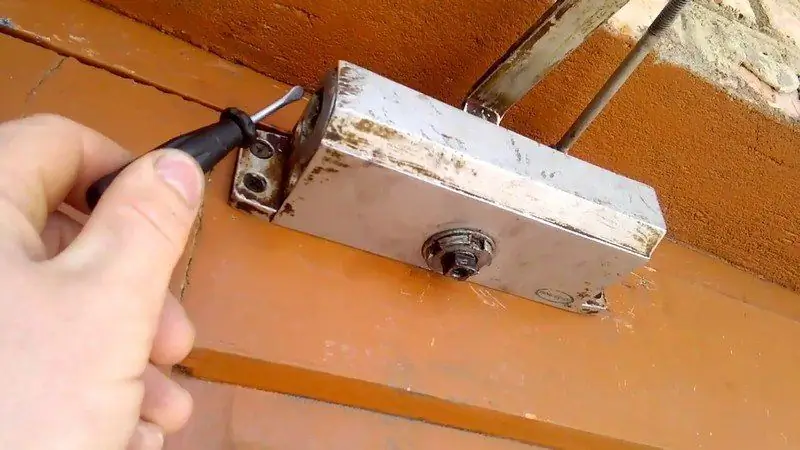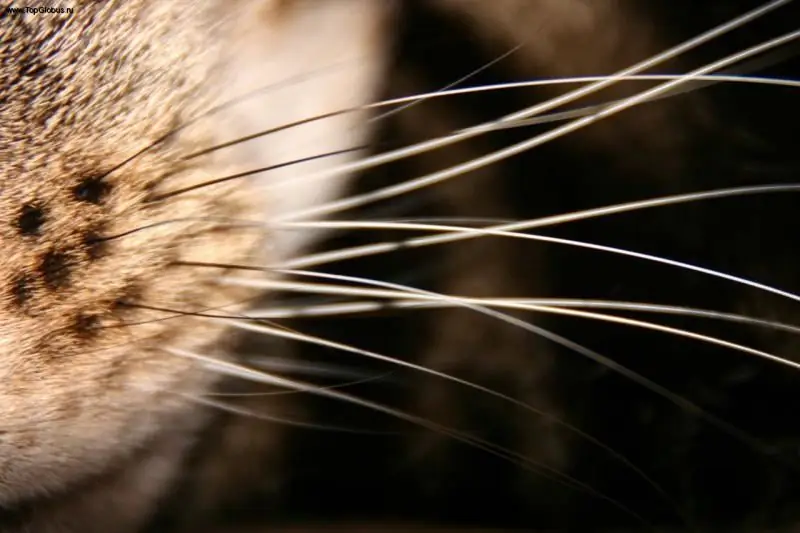
Table of contents:
- Author Bailey Albertson [email protected].
- Public 2023-12-17 12:53.
- Last modified 2025-01-23 12:41.
What questions can you ask a fortuneteller: what to ask and what not to ask

Some people turn to fortune-tellers in search of answers. But did you know that not every question needs an answer? Today we will analyze how and what you can ask a fortune teller.
The correct wording of questions for the fortuneteller
During fortune-telling, the correct formulation of the question plays a special role. Cards, a crystal ball, runes and other methods of fortune-telling give a clear result only when you clearly define the task. You need to more or less accurately define:
- time frame;
- a person's personality (if you want to know about someone specific);
- area of your life (personal, work or other).
Here is an example - it would be wrong to ask a fortuneteller "What awaits me in the future?" The events of the coming days are very ambiguous and vague. The result of fortune-telling may be death - but you should not be afraid, because death in the prediction may indicate a natural death in extreme old age. Or death from fortune telling may not predict physical death, but, for example, the end of a period of your life.
To get a practically applicable prediction, ask the question as detailed as possible. For example: "Should I expect a promotion at the company I currently work for within a month?" Here is an example of a relationship question: "Which man should I look to this year to be happy in love?" Or: "What is the cause of the current conflict in my relationship with (name)?"

The fortune teller can only give the correct answer if you ask the question correctly.
Questions for different types of divination
Different types of divination allow you to find out information with varying degrees of accuracy. Therefore, you need to ask questions for them in different ways:
- crystal ball. If the fortune-teller is looking into a crystal ball, then you should ask her the most detailed, detailed open-ended question. Open - this means that you can answer it not "yes / no", but in an expanded way. Such a question begins with the words "how", "which", "why" and so on;
- cards. Divination cards (not Tarot) are better off asking closed-ended questions that can only be answered "yes" or "no";
- runes. If the fortuneteller uses runes, then you should not ask questions about high matters. Runes tell better about earthly, material things. You can ask both open-ended and closed questions.
What questions should not be asked
It is better not to ask the fortune-teller "test" questions to make sure of her competence. First, you may ask them incorrectly (or misinterpret the answer). Secondly, it is believed that such fortune-telling will be deliberately false, because the forces that guide the fortune-teller do not like being tested.
During divination, no questions are asked about birth and death. It is believed that the secret secret of the duration and appearance of life must be closed, otherwise it will strongly (and most likely negatively) affect the life of the questioner.
Don't ask questions about time. Fortune-telling will not tell you the exact date when you will meet your soul mate or buy your own home. Questions starting with “when” usually lead to either disappointment or empty expectations.
We have already mentioned the vague questions. Abstract queries are a very dangerous tool. They give too vague knowledge that is easy to misinterpret. A competent fortune-teller, before making a deal or looking into a crystal ball, will ask you some leading questions to clarify what exactly you want to know.

Some questions must remain unavailable
Divination is not an open book from which a fortuneteller extracts correct and accurate answers for you. The correct formulation of the question and the correct interpretation of the prediction play an important role.
Recommended:
Door Closer Repair: What Malfunctions You Can Fix Yourself And How To Do It Correctly

Self-elimination of door closer breakdowns. Features of adjusting the mechanism and the procedure for replacing it
Whiskers In Cats And Cats: What Are They Called Correctly And Why They Are Needed, What Will Happen If You Cut Them And Why They Fall Out Or Become Brittle

Features of the structure of the mustache in cats. What are they called and where they are located. What functions do they perform. What problems can a cat with a mustache have? Reviews
Why You Can't Why You Can't Wash Floors On Friday: Signs And Facts

Why you can't wash floors on Friday: signs and superstitions. The opinion of the mystics and Orthodoxy
Why You Can't Ask The Dead For Help: Signs And Opinions Of The Church

Why you can't ask the dead for help: signs and superstitions, the opinion of the church
What Questions Can You Ask A Priest At A Meeting

What questions can and should be asked to the priest at the meeting. How to properly address a spiritual person. What is undesirable to ask
